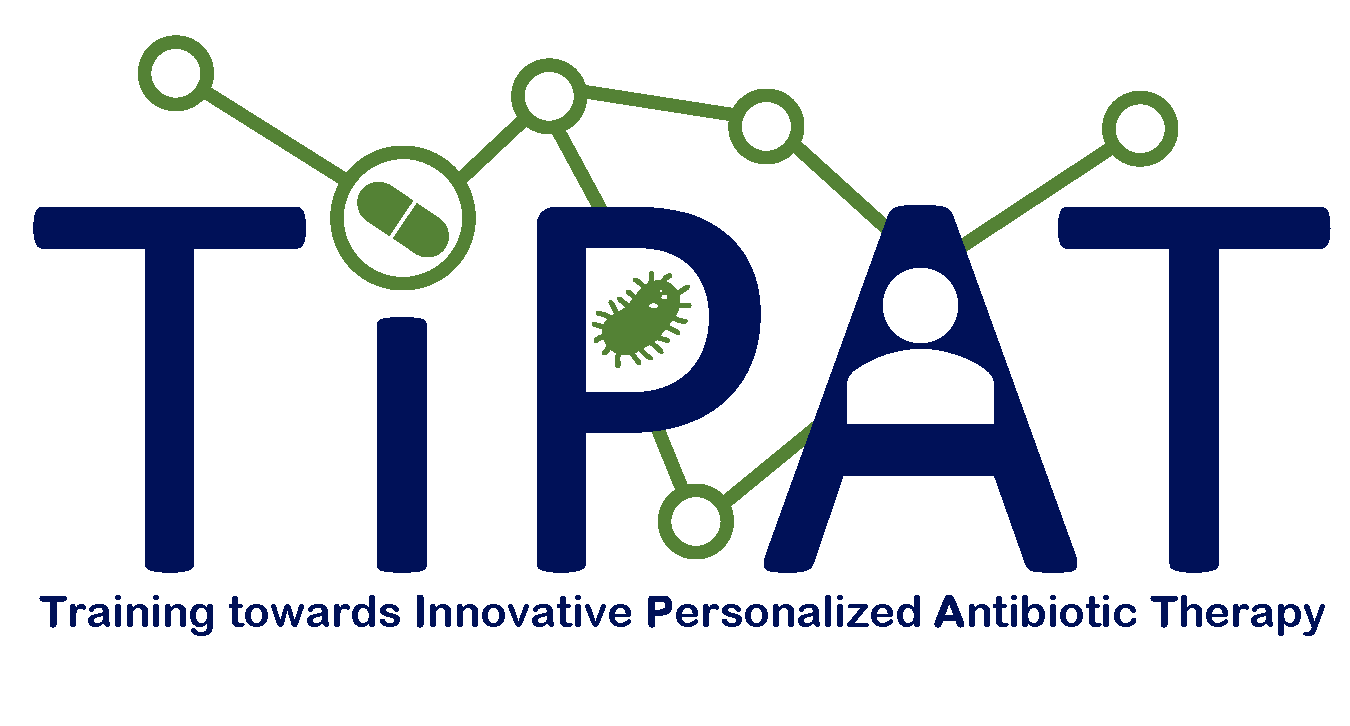From 31st August to 1st September 2021 the TIPAT summer school took place online. This time we were immersed in the regulatory aspects of the development of vaccines and biologics in Germany and the European Union (EU). As in the previous winter school, we had lectures, group activities and of course, a time for socializing and to know better our colleagues ESR. With all the difficulties created by the COVID pandemic, we were able to connect again. The TIPAT regulatory summer school was organized this time by Paul-Ehrlich Institute (PEI), the federal regulatory agency for vaccines and biologics in Germany. The PEI consists of two arms, the regulatory and the research. It is also the place where I carry out my Ph.D. project. The summer school provided an overview of the different regulatory aspects involved in the development of biomedicines, with lectures encompassing the bulk of legislation in the EU when it comes to (bio-)medicines.
And what a moment to talk about the development of vaccines. For the past years, we were all immersed in this discussion about vaccine safety and efficacy, many times without realizing the huge work, especially at the regulatory level, that had been done before (and after) the needle stings our arms. Without further ado, I will try my best to summarize these 3 days in the following text. ?
On the first day, we learned about the role of scientific advisors and the scientific advice working party helping drug developers with scientific knowledge and regulatory aspects. The concept of risk and benefit in the development of a medicinal product, how it is not always easy to assess, and that it is rather dynamic than static, being able to change in the different stages of the development process.
On the second day, we heard about the European pharmacopeia, providing the pharmaceutical rules and standards for the manufacturing, testing, storage, and dispensing of medicinal products. These regulations support the official batch testing of medicinal products to be placed on the market.
Following the life cycle of a medicinal product, the last day was dedicated to marketing authorization and the post-authorization procedure. The types of authorization procedures existing at national and EU (centralized) levels, as well the role of the EU marketing authorization to harmonize procedures and enable the free movement of goods within the European Economic Area. We were introduced to the concepts of referrals, renewals, and variations, and the obligatoriness in each case.
Finally, we heard about the intriguing topic of the controlled human challenge studies also known as controlled human infection model (CHIM). These studies are important for the development of vaccines since it allows the understanding of the pathogenesis of a determined agent and the generation of the immune response in humans. This section opened the curiosity of many of us and created a nice space for discussion about ethical considerations, safety, as well the regulatory challenges implicated in these studies.
Overall, the TIPAT Regulatory summer school opened my eyes to a new career perspective and what I consider to be a very honorable way to return knowledge to the community. As a person who comes from South America, I was particularly interested to hear about the EU-M4all (article 58). This procedure allows the European medicine agency (EMA) and world health organization (WHO) to provide a scientific opinion concerning products relevant to global public health and intent to be used outside of the European market. For instance, vaccines and therapeutic options against malaria, dengue, Leishmania, Chagas disease, and many others.
Lastly, the TIPAT regulatory summer school shed light on the roles of the regulators in the development of (bio-)medicines, as an essential part of a multidisciplinary team composed of, among others, pharmacists, physicians, statisticians, and scientists.
Natália Tassi, ESR11
